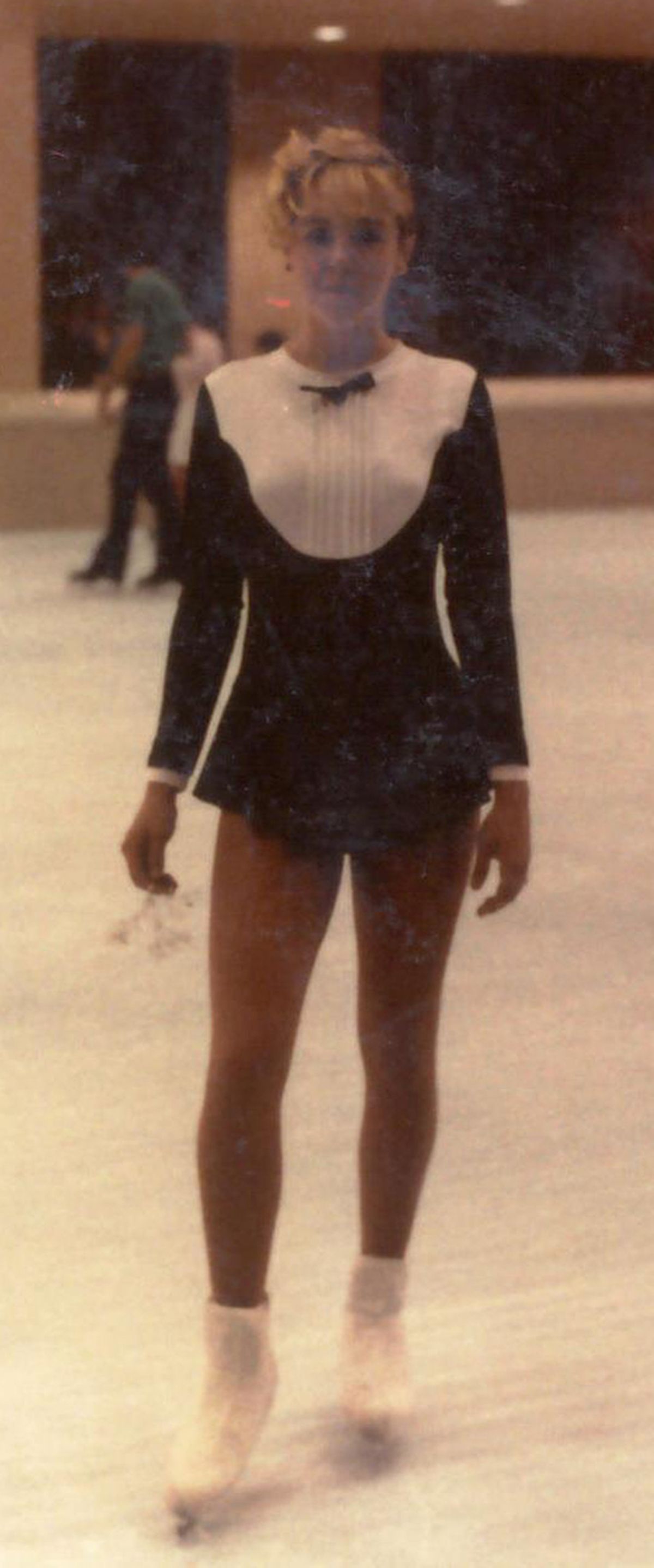Dedication key for world’s best skaters

As I am writing this, we are counting down the days to the 2010 U.S. Figure Skating Championships in Spokane.
Physicians, physical and massage therapists, physicians assistants, chiropractors, nurses and athletic trainers have been working for more than a year to create the best team to take care of the best skaters in the United States.
While preparing for the skaters’ arrival, I have been thinking about the years of work and dedication behind each one who will compete here. Training, nutrition, hydration, mental focus, sleep and recovery are all pieces of the puzzle that need to come together to make a champion.
Training: A typical training day for a skater starts before dawn and ends well after dark. There may be a total of four to five hours on the ice and an hour of strength training, ballet or interval training off the ice. Even young skaters will train six days a week.
The on-ice training is a combination of cardio training, practicing choreography for routines and perfecting moves such as the axel (introduced by Norwegian champion Axel Paulsen), the salchow (introduced by Swedish champion Ulrich Salchow) and the Hamill camel (introduced by American champion Dorothy Hamill).
Nutrition: While training, an adult skater may burn 2,200 calories a day or more. A competitive skater needs to have more than just calories. They need a healthy diet with a balance of proteins, carbohydrates and unsaturated fats to get the most out of their bodies during workouts and to recover well.
This means eating about 1 gram of protein for every 2 pounds of body weight with every meal and having several servings of fresh fruits and vegetables throughout the day.
Hydration: Competitive skaters are usually seen walking around with a water bottle most of the day. We all need about 64 ounces of water a day when not exercising and more when we do, so a skater in training will aim for taking in even more fluids each day.
Many skaters also have a recovery drink with a balance of protein and carbohydrates within 30 minutes of finishing a workout.
Mental focus: Many skaters use music, talking with family and friends and meditation to help them maintain focus and reduce the stress of intense competition.
Sleep: When we sleep, the brain organizes information and reinforces memories (including muscle memory).
Good sleep helps a skater to make each move of a routine second nature. It is also a time for muscles to physically recover from the day’s training so a skater can be ready for the next day.
How much sleep any skater needs varies by individual. The key is listening to the body and allowing it to get enough every night.
Recovery: A rest day once a week gives muscles extra time to physically recover from training and become stronger.
Each of the skaters coming to Spokane has been applying every piece of the championship puzzle to their lives for years.
Sticking to an intensive training routine, eating nutritious foods, keeping the body hydrated and getting enough sleep takes dedication, discipline, willpower and drive that is impressive and daunting.
But if you look at the items listed above, you will notice that this is also what makes a healthy individual. The elite athletes just take it to a higher level.
So as we welcome the Figure Skating Championships to Spokane, the medical team of 75 local health care providers will be here to help every skater be at their best. A few skaters will go on to represent us in the Olympics just 18 days later.
Even if your goal is not the Olympics, you can apply some of these same ideas to your life to reach your own goals. It still requires dedication to get a good night’s sleep or to drink 64 ounces of water every day.
So talk with your health care provider, take a step, and you too can be at your best in 2010.